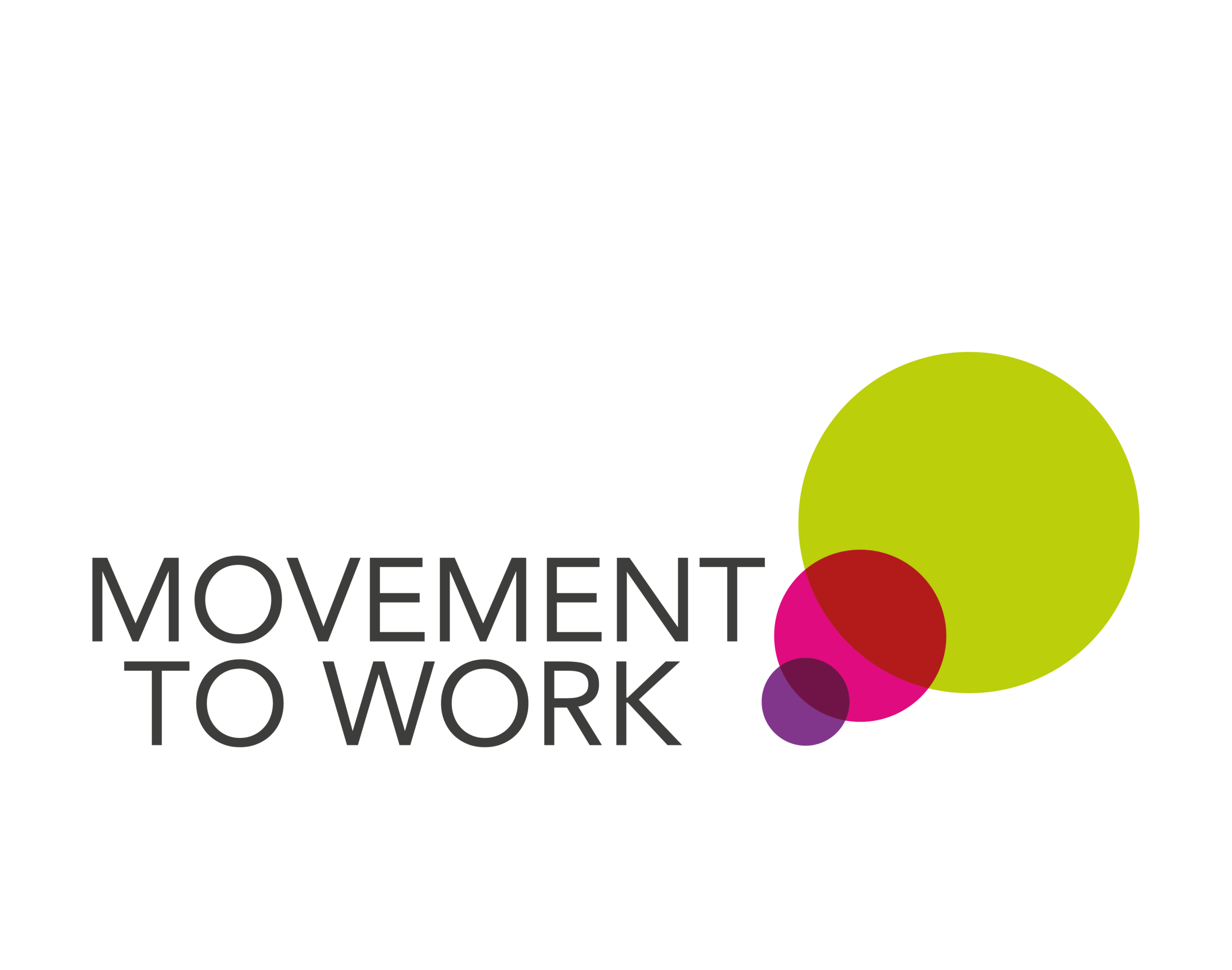 James Ashall, CEO Movement to Work, attended the APPG on Apprenticeships for the launch of their annual report; here are his reflections on the case for change in the apprenticeships system.
James Ashall, CEO Movement to Work, attended the APPG on Apprenticeships for the launch of their annual report; here are his reflections on the case for change in the apprenticeships system.
I had the pleasure of joining the APPG on Apprenticeships this week at the launch of their APPG annual report. I met some inspirational young people who shared their experience, and the value of good quality apprenticeships could not be clearer. In my conversations with them one theme came through strongly: we must do more to tackle social mobility and ensure that these opportunities are available for all.
Focussing in on the report there were two elements called out that could start to address this in the short-term around parity of pay and qualifications:
- The report calls for parity of pay for apprenticeships – this is critical if young people who do not have a stable home are going to be able to access all apprenticeships. Right now some of them will not be able to afford to get onto that Level 2 apprenticeship ladder
- It also talked about a flex in Levy funding to support young people to gain the qualifications needed to get onto apprenticeships – specifically in Maths, English and Digital. It is something employers are asking for so they can support more young people into great careers – a small change here could make a massive difference in supporting those for whom the education system has not worked.
Moving on from the APPG report there are two other recent publications that highlight the challenges faced.
Firstly the Social mobility in Great Britain – State of the Nation 2018 to 2019 report illustrated the lack of access across society to good quality apprenticeships, meaning that “those from lower socio-economic backgrounds are clustered in lower-returning and lower level apprenticeships, and are thus not benefitting as much as their affluent peers”.
Finally pulling in data from the recent Establishing the Employment Gap, Impetus report we see that the picture is even bleaker for those young people further from the labour market, we must ensure that we create more sustainable successful pathways for young people from disadvantaged backgrounds into apprenticeships and good work:
- Disadvantaged young people are twice as likely to be NEET as their better-off peers
- The Employment Gap is consistent over time
- In all regions, the proportion of NEETs who are from disadvantaged backgrounds is higher than the levels of disadvantage in the population.
- At all levels of qualification, disadvantaged young people are more likely to be NEET than their better-off peers with similar qualifications
On top of these challenges the volume of opportunities are dropping, starts at Level 2 and Level 3, which offer a stepping stone into work and are part of a critical pathway for those young people we support at Movement to Work, have decreased by 16% and 38% respectively since 2016/17. When coupled with the steep drop in sector based work academies and traineeships the ladder of opportunity is being eroded significantly.
Adopting some of the changes in the report will be a good first step, but the education system must be better incentivised to support students through vocational pathways. There is also a role for employers to ensure that the opportunities we offer are accessible to those young people across the UK irrespective of background and socio-economic group.
There is a significant opportunity here to shape the future for young people and, if we can find the right ways to collaborate, there is a lot we can do collectively to tackle the injustice that exists today.
James Ashall, CEO Movement to Work
